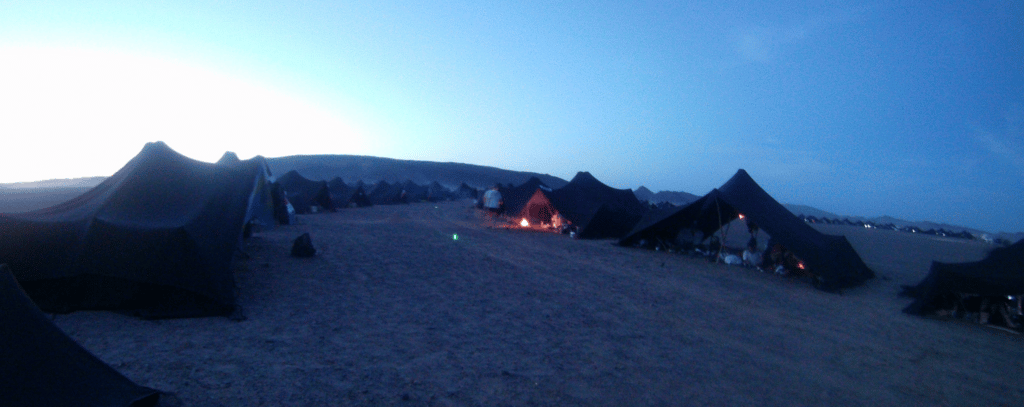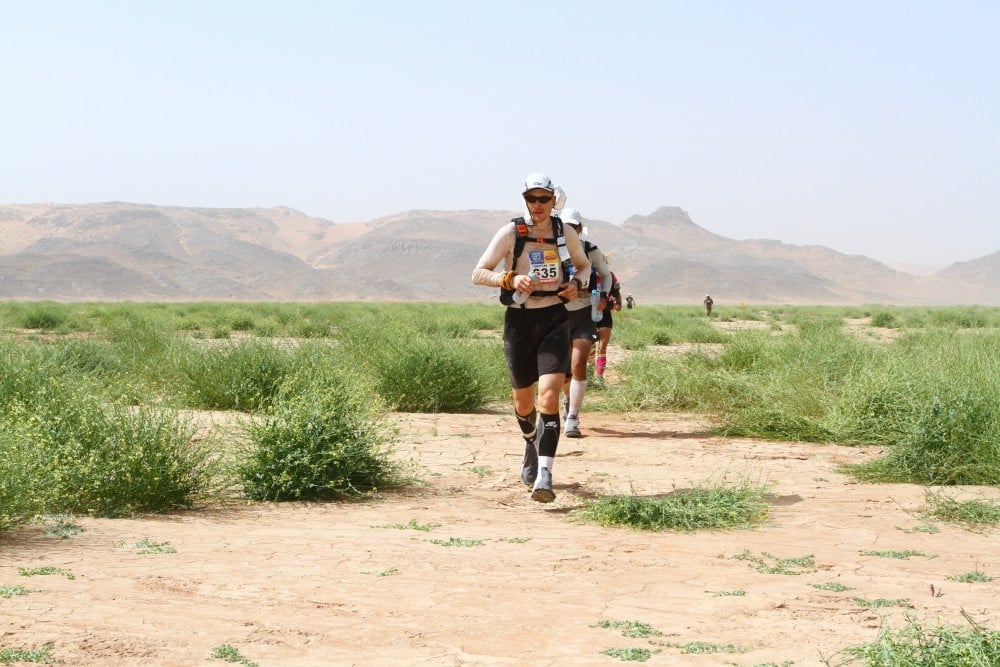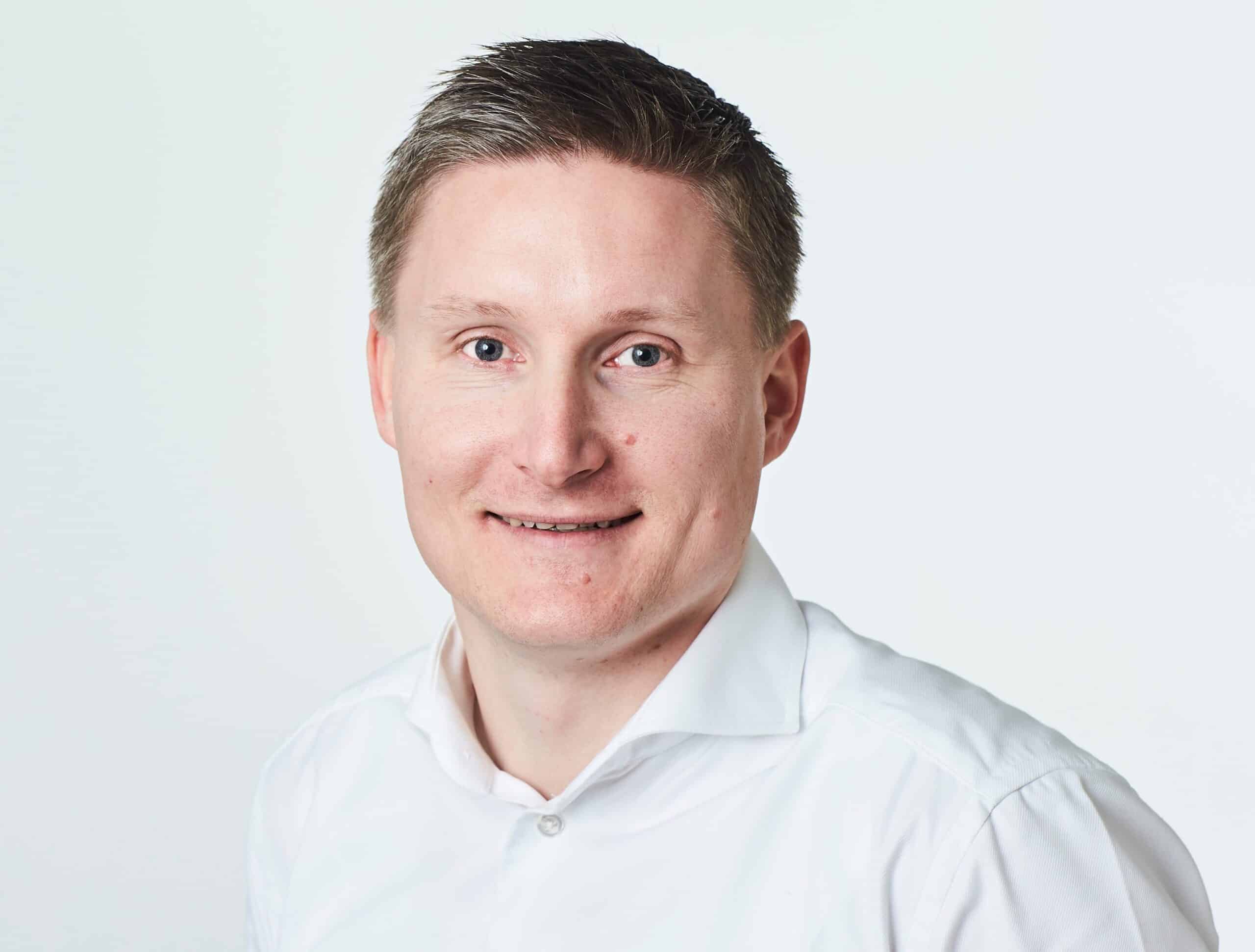The highest mountain peak in the beautiful mountainous Island Madeira in Portugal is called Pico Ruivo. It is actually the 3rd highest mountain peak in all of Portugal. With its majestic altitude of 1862 meters above sea level it has a magnificent view from the top trails. My family and I hiked the last section of the mountain last week on our summer vacation after a very confident Taxi drive to the top through numerous and quite narrow hairpin turns worthy of the most incarnated Tour de France fan.

Experiencing the heat, altitude, and rugged terrain and the most spectacular panorama view of the mountains above the clouds reminded me instantly of my rigorous training for an extreme 78 km endurance running race in the Swiss mountains back in 2015. In that race we ascended to 2560 meters and I still remember drinking from the ice cold meltwater at a water source on the rocky walls of the mountain. I remember how the height meters and inclines made it difficult for me to breathe. That year my training regime of physical and mental preparation had been very systematic and focused yet to some extent with some flexibility in the planning, training and sub goals.
The clear goal for that particular year was to complete not one but two challenging ultra running races: the 30th anniversary of the Marathon Des Sables, a multi-stage race over the course of 250 km in 7 days, crossing the Moroccan Sahara and in the same year within a few months of each other to race the 30th anniversary of the Swiss Alpine 78 km in the Swiss mountains around Davos.

It became a year of extreme process and goal-focus and continuous improvement to be as well prepared to achieve the demanding challenge. My personal reflections in hindsight now 7 years after is that I had a remarkably strong mental focus and I prepared with almost surgical precision in all aspects. I was simply able to mentally zoom in on the sub goals and process to achieve it and close everything else out mentally.

I had a great partnership with a Coach at the time, who helped me really think about how to perform at the highest level. That everything is connected. That high performance is actually a team effort to feel well in most aspects of life, e.g. a holistic perspective to performance. Today, I see that the Coach was able to create a safe space, where I could reflect on all aspects of my goals, of my life. In retrospect, I lacked balance in life, because my ability to focus so sharply in on goals and execute on them became limiting. It came in the way of balance and a holistic view on my life. I had to learn to think differently about it.

I had to learn to change perspective, i.e. that it was ok to take a break once in a while, not be so focused all the time and reducing the training one day to spend time with my loving family.
With practice, I became a little better at it every day and more relaxed and mentally flexible, but it is still not easy for me to do. Coaching has helped me become aware and change.
Funny how mountain views, sounds, smells and new experiences from a nice vacation in Portugal can trigger the senses and bring myself back to moments of transition in life.
- So, what is Coaching actually?
- How does Coaching conversations differ from other conversations?
- What is the role of a Coach really?
- How can Transformative Coaching help you grow your potential and possibilities in life?
Let me reflect with you on these questions to help create a better overview.
What a Coach, Coaching and Coaching conversations are.
Most of us know and have heard about Coaching in different forms and shapes. But do we really know what it is in the end? Actually, Coaching originates back 2000 years to Socrates, who used it in in some form in questions and conversations (Pedrick, 2021: p. 2).
The different professional Coaching bodies like the International Coaching Federation (ICF) and others have good overall definitions of Coaching. However, I really like how Pedrick (2021) in simple language defines Coaching, so it becomes easy to understand:
“Coaching is a future-focused conversation between two people working in partnership in service of the thinking of one of them.”
Claire Pedrick
This means that Coaching is dialogic and future-focused in its shape of conversation between two people. Furthermore, it means that Coaching conversations are different from other conversations because the questions asked to you (the client) by your Coach need to enable you to think (Pedrick, 2021: p. 40).
Thereby, a Coach can be characterized as a so-called thinking partner for you (the client) or as Pedrick (2021) calls a “client” really precisely — “a thinker”. So, Coaching is a partnership, which is client-led by you (the client or thinker) and that means that you do some work that enables you to gain insights that moves you forward (Pedrick, 2021: p. 8).
In addition, Coaching involves presence by your Coach in that very moment with you and a deep and active listening to you, which makes you feel heard and able to listen to and hear yourself (Pedrick, 2021: p. 14).
That attentive listening in Coaching can transform the way you think and act as you begin to think differently about things (Pedrick, 2021: p. 14). So, questions in Coaching can become powerful and help enable transformative change.
What Transformative Coaching is.
Transformative Coaching is according to Bolton (2022) a specific type of Coaching, which focuses on helping you (the client) become more aware of your deeper assumptions that shape how you experience or perceive your life or a given situation.
Ultimately, the aim of Transformative Coaching is to create perspective shifts (Bolton, 2022).
So, what Transformative Coaching can do for you is to create awareness about your inner beliefs, assumptions, values, behaviours, expectations and focus in life (Bolton, 2022). In the end that self-awareness can lead to transformation, i.e. mental perspective shifts that can enable you to get a better life: growing your potential and possibilities in life.
“Transformative coaching explores a client’s inner world of beliefs, assumptions, values and expectations in order to create greater possibilities for ways of being in life.“
Nick Bolton, Animas Centre for Coaching
And then what is transformation all about?
Transformation is a deeper change happening for you, i.e. a paradigm or perspective shift. When something has changed significantly (Pedrick, 2021: p. 3). I think, most of us have tried moments that transformed our ways of thinking, transformed us. Kind of like an epiphany or light-bulb moment, when we gain new insights that can help us change or move forward in better ways.
Better Life. Better Leader. Better Team.
My name is Christian Madsen and I have created this blog and Transformative Coaching practice.
An Academy started in 2022 with the purpose of inspiring a better life: healthy and sustainable human high performance, well-being, growth and positive change through Transformative Coaching and nature-based experiential learning in the great outdoors.
In my mind, the holistic foundation for better human performance, better leadership and better teams are shaped by improved well-being and a better whole life. That human perspective is reflected in my Transformative Coaching practice.
There are many positive benefits of Coaching such as significant positive effects on potential in life, performance, skills and well-being.
Reasons for coming to Coaching can be many and varied (adapted from Pedrick, 2021: p. 9):
- To explore something: doing something differently, or being different
- When you are stuck or confused
- When you transition into a new job, project, team, leadership role
- To improve Team or Leadership performance to become more impactful
- To think about endings or beginnings
- To have an external thinking partner outside of your context
- Because you have been sent from your organization
- For a reason you cannot articulate yet
As a Coach, I will be your thinking partner supporting both private clients, corporations and organizations. My focus is on creating a safe, fun and very humanistic coaching, where we work together in partnership.
If you have any questions feel free to contact me. You can read more about my Coaching here:
– Life-shifts: Transition Coaching Programme, *Target group: Professionals, Leaders and Private clients mainly focused on life transitions: new job, lost job, new project (career), midlife crisis, bigger life events etc.
– Leader: Leadership Coaching Programme, *Target group: New and more seasoned Leaders (Leader of Others, Leader of Leaders, Functional Leaders and Business Leaders) in corporations and organizations
– Team: Team Coaching Programme and Team Building, *Target group: Newly established Teams, Leadership Teams, Agile Teams, Project Teams, Sports Teams in corporations and organizations
References.
¹Pedrick, C. (2021) Simplifying Coaching: How to Have More Transformational Conversations by Doing Less, 1st ed., London: Open University Press.
²Bolton, N. (2022) What Is Transformative Coaching? London: Animas Centre for Coaching.

